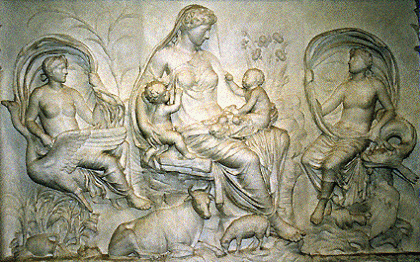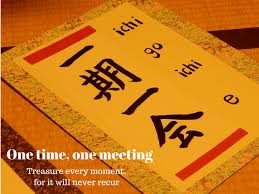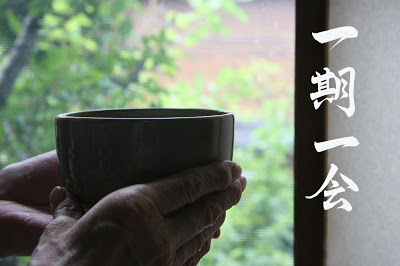Beltane New Moon (Summer Solstice)

Yesterday was my first religious work since moving to Colorado. I felt a bit awkward, mildly anxious. The awkwardness and the anxiety came largely from the Jewish portion of the session since I don’t read Hebrew and have a very limited feel for the deep background. This primarily involved understanding words like hasidut, which I had mistakenly translated as loving deeds when it actually refers to a person engaging in them. Chesed, which is familiar to me from seminary as loving-kindness, was less problematic. Ma’asim, which I took as deeds of daily life, seemed to mean close to that.
 This was important because the material I had prepared focused on deeds of loving kindness toward grandmother earth. Bonnie and Tara, both fluent in biblical Hebrew, gently put me back on course when I made a mistake. Their helpfulness made me realize, just now as I’m writing this, that there is a different way of being a presenter, one that relies on others as well as on preparation. I know, obvious right? Not to me because in the Christian religious culture and even in the UU culture the clergy presents and others react. The process can be dialogical, yes, but usually involves only reactions to the ideas of the presenter.
This was important because the material I had prepared focused on deeds of loving kindness toward grandmother earth. Bonnie and Tara, both fluent in biblical Hebrew, gently put me back on course when I made a mistake. Their helpfulness made me realize, just now as I’m writing this, that there is a different way of being a presenter, one that relies on others as well as on preparation. I know, obvious right? Not to me because in the Christian religious culture and even in the UU culture the clergy presents and others react. The process can be dialogical, yes, but usually involves only reactions to the ideas of the presenter.
We did have a wonderful discussion about anthropocentrism and various religions’ implication in its effect on the environment. Mostly though we discussed ideas generated by several quotes I gathered. They ranged from a segment of Emerson’s introduction to his essay, Nature, to Henry Beston from the Outermost House, and also included several thoughts on the nature of holiness by Jewish theologians.
 Here are a few of the latter that I found especially moving:
Here are a few of the latter that I found especially moving:
Martin Buber: Holiness is not found in rising above one’s neighbors but in relationships, in human beings recognizing the latent divinity of other people, even as God recognizes the divinity in each of us. The commentary adds, “As human beings we can be Godlike by exercising our powers to sanctify moments and objects in our lives.”*
“The modern distinction between “religious” and “secular” is unknown to the Torah. Everything we do has the potential of being holy.”*
 Again, from Buber, “Judaism does not divide life into the holy and the profane, but into the holy and the not-yet holy.” Another scholar, a man named Finklestein, adds, “Judaism is a way of life that endeavors to transform virtually every human action into a means of communion with God.”*
Again, from Buber, “Judaism does not divide life into the holy and the profane, but into the holy and the not-yet holy.” Another scholar, a man named Finklestein, adds, “Judaism is a way of life that endeavors to transform virtually every human action into a means of communion with God.”*
This, too, is in the commentary: “…(find) ways of sanctifying every moment of your life. We can be as holy as we allow ourselves to be.”*

Well done, sage.
Blessings are yours; you are blessed; blessed be.